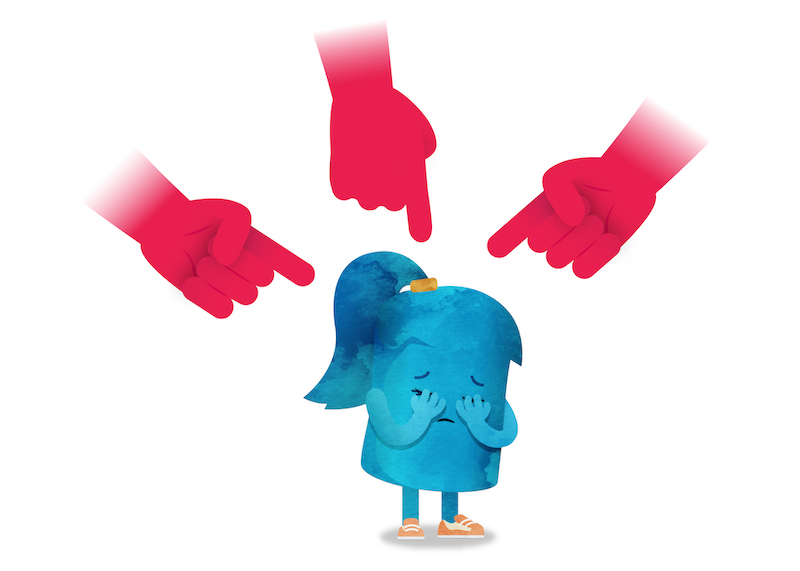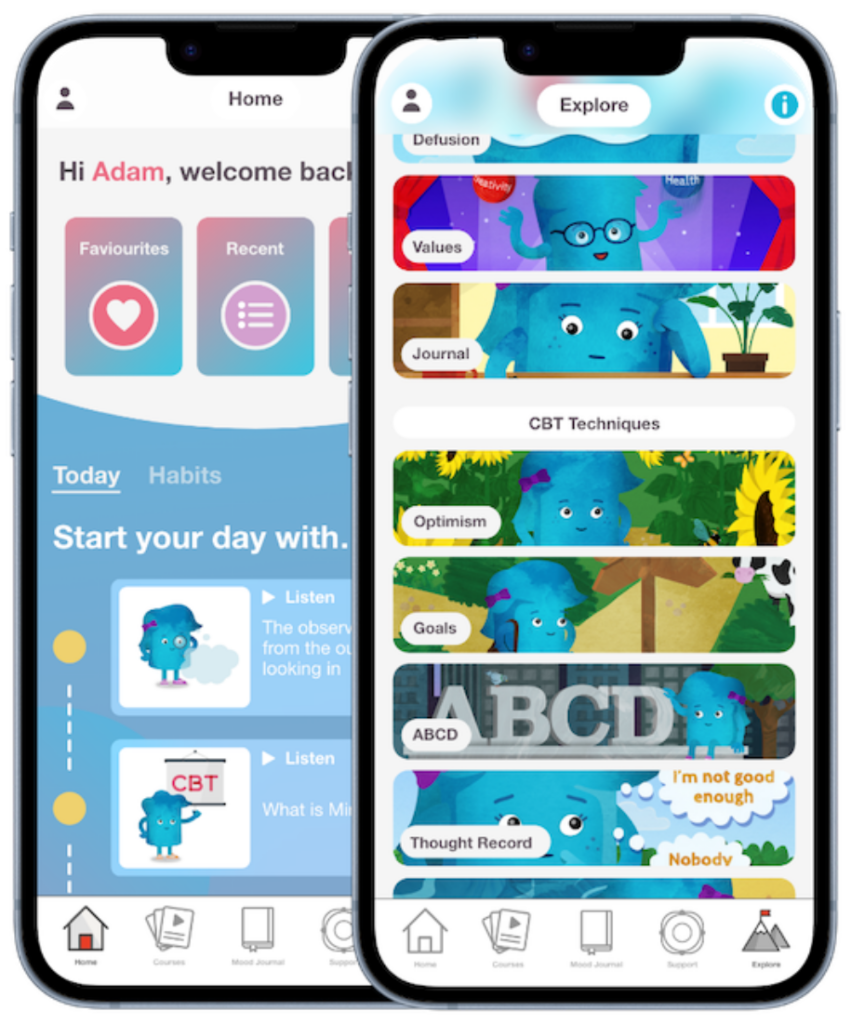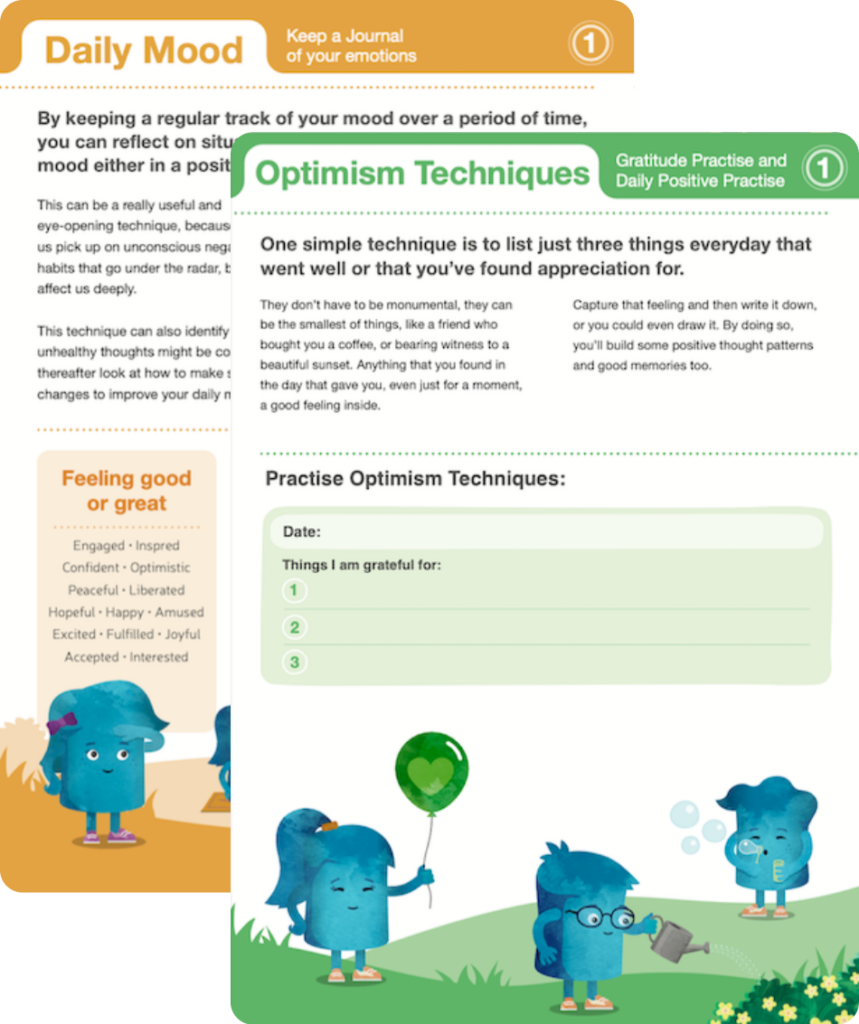What is loneliness?
You might be thinking that’s an obvious question to answer. Surely loneliness is about being alone with no one to talk to but it’s not quite as simple as that. Many people can experience loneliness, even surrounded by loved ones and the experience is often different for everyone. Whether you’ve always felt lonely or if your loneliness is due to a recent event, the experience can feel incredibly disheartening.
Loneliness happens within you. Whether you live a solitary life or are a social butterfly, you can experience feelings of being alone in the world, like you have no one to confide in or that no one truly wants you around.
An important factor in combating loneliness is deep and meaningful relationships with those around you. Having relationships that are rooted in thoughtful connection is a great way to ward off feelings of loneliness or displacement.
While quality of relationships is an important factor when it comes to loneliness, there are other factors as well. Choice and mental health are common reasons seemingly well people may feel lonely.
If we choose to be alone then it’s not going to be a problem because we’re quite happy with it, but as soon as that choice is taken away from us, those periods of aloneness can be incredibly difficult. Similarly, if we struggle with anxiety and low self-esteem, advice about getting out and meeting others is not something that can easily be done.
The stigma we feel, as if society is somehow judging us, is painful and can very easily drift into a mindset of blaming ourselves for our situation. If we’re spending a lot of time alone and feeling lonely, it can feel as if this is a permanent situation. Time slows down for us and there is less to focus on. From there it is a small step away from feeling depressed and low in mood.
Lack of connection, in relationships and in livelihood, is most to blame for feelings of loneliness. How we experience and cope with loneliness is critical for our mental wellbeing.
Of course, if there was no stigma and social pressure to be outgoing and sociable, then we might not experience loneliness to the same degree, but then again, we’re all different and this factor might have no bearing on your feelings of loneliness.
So, what can we do about it? How do we cope when day to day we’re feeling lonely?
Well, the first thing I’d recommend is to get a sense of why you might be feeling lonely. Has it been a lifelong thing for you or is it something new? What used to be there that’s now missing? By thinking over the issue, we can take a deeper look at the causes and we can start to put together an action plan.
The following four actions to take are reported by many who feel lonely as the best methods for overcoming it. Some of them might seem a bit obvious, but they are good options, nonetheless.
Before you read further though, remember……feeling lonely is about situation, circumstance and perception. It is not about blame or stigma or failure.
- Distract Yourself with Work, Study, or Hobbies to Ward Off Feelings of Loneliness
Now one thing to realise about loneliness is that it’s not going to last forever and when it comes back you can overcome it a lot quicker, so distraction in the meantime is not a bad strategy.
There are things you will enjoy: It could be something on TV or perhaps a game. Maybe settle down with a book or some music. Yes, it is just you but that doesn’t mean you can’t spend your time investing in something you enjoy.
Think of it as the ultimate form of self-care. - Join a Social Club or Take Up New Social Activities
This is a great option because not only does it mean you can get involved with something you enjoy, but you’ll also be able to meet with people who have a similar interest. Sometimes we worry about what to say to someone for the first time, so having a common interest is a definite conversation starter.
There are “low key” groups. Friendship groups, walking groups and there may be some charities you could involve yourself with, for instance. Give something of yourself and begin to connect again. This will help with loneliness and feelings of self-worth.
Don’t get trapped with social media but do note that there are some helpful organisations you can look for and link up with. - Adopt Helpful Affirmations and Positive Thinking to Rewire Your Brain
This is all about being more positive about who you are, but it is a challenging one. One thing I would say is that the most important relationship in your life is not the one with your family, partner or friends, but the relationship you have with yourself. The better you feel about who you are, the less lonely you will feel in your own company. Check out some of the other Mind Amigo blogs and podcasts that are available to hone this skill. - Chat with Those Closest to You About How You’re Feeling
Talking about your feelings takes the issue out of your head and you can get things off your chest. It can also be a positive way to connect more with family and friends. When we open about things, other people are more likely to do so.
If you have lost someone or experienced a life-altering event, please do talk to someone. There are organisations that offer help. Tap into them. Don’t let whatever has happened define you.
I hope you have taken some heart from this blog, but if there’s one thing to take away as reassurance, it’s that this feeling is only temporary. It will pass but before it does, come up with an action plan for meeting people. This may mean taking a step out of your comfort zone but have faith and confidence in yourself. Many are in the same boat.






